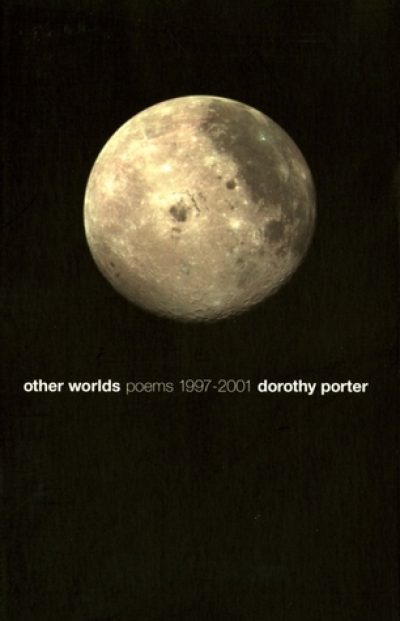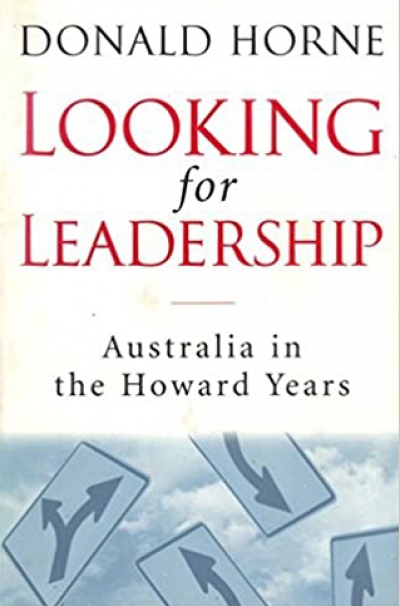Archive
Ten days in Australia in July brought a remarkable round of studio visits plus an exhibition of new Australian painting, Phenomena, at the Art Gallery of New South Wales. Painting has had a hard time of it lately. Michael Wardell, curator of Phenomena, goes further: ‘throughout the twentieth century, painting has been under threat,’ claims the slightly melodramatic opening sentence of his otherwise modest and useful catalogue. The claim became even more of a reach at the AGNSW where, on the floor below Phenomena, you could see the pictures from the Orangerie with superb Cézannes, Picassos, Soutines and Rousseaus. None of them looked particularly threatened to me.
... (read more)‘A pox on the GST!’ wrote one of our many new readers last month when filling in her subscription form. ABR has long been famous for its feisty correspondence (never more so than last month). This editor is not about to disagree with our new subscriber. The imposition of GST on books and magazines surely rates as one of the crasser political acts in recent years. Anyone unsure of its effect on literature in this country should ask booksellers and publishers what sort of a year they had in 2000. Readers weren’t unscathed, either.
... (read more)In James Joyce’s Ulysses, Shakespeare is referred to as the happy hunting ground of all minds which have lost their balance. He is also referred to by Buck Mulligan, even less reverently, though with a distinct nationalist tilt, as ‘Shakespeare. I seem to recall the name. Ah, to be sure, the fellow who writes like Synge.’ Well, there probably are analogies between the greatest of all dramatists, who could also, as Donald Davie pointed out, use any word in the language he chose (and hence manipulated an extended diction), and the chap who set the Abbey Theatre stage on fire with the dynamic stylisation of Irish peasant speech in The Playboy of the Western World. Just as there are analogies between the poet who could write King Lear and the lonely Jesuit who wrote, ‘O the mind, mind has mountains: cliffs of fall / Frightful, sheer no-man-fathomed: / Hold them cheap may who ne’er hung there’, and all those tragic sonnets. Not to mention the fellow who posed in front of the bookshop sign in Paris.
... (read more)One carnation broke off from its stem
while I was arranging the vases –
one white carnation
from a bunch of whites and reds:
Looking for Leadership: Australia in the Howard Years by Donald Horne
Back in April, when Peter Rose asked me to write an irregular column for ABR on the campaigns that the Australian Society of Authors runs on behalf of writers, it seemed perfectly clear what the subject of my first column should be. At that time, after years of hints and veiled threats, the Government had finally revealed its hand and introduced a Bill into Federal Parliament to allow the parallel importation of books. The Government wanted this legislation passed before the end of the financial year – it was a priority item.
... (read more)Pat Flynn’s Alex Jackson: Grommet gets off to a confused start: no less than fifteen named characters in five pages, and a narrator determined to cram in as much background information as possible. Eventually the story starts to sort itself out. When it does, as the title itself indicates, we are in Lockie Leonard territory. The surfboard is a skateboard, Dad is a retired boxer instead of a policeman and, like Tim Winton’s eponymous hero, Alex is having trouble adjusting to his first year of high school and coping with his raging hormones:
... (read more)


